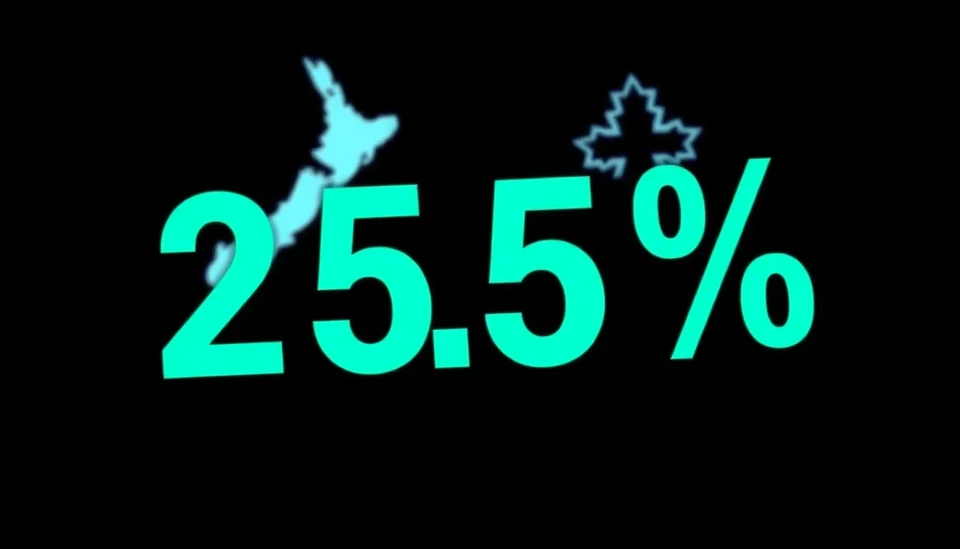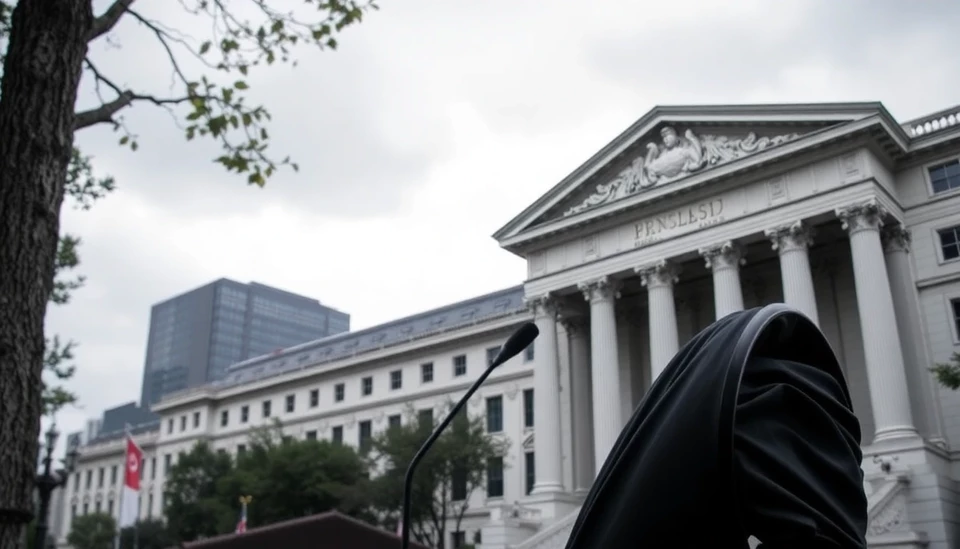
In a troubling turn of events for New Zealand's labor market, the country's unemployment rate has surged to a four-year high, signaling the economic challenges facing the nation. The most recent labor statistics indicate that the national jobless rate has climbed to 5.5%, a significant uptick that has raised concerns about the possible long-term impacts of the ongoing recession.
The latest figures show that the number of unemployed individuals in New Zealand has risen sharply, with approximately 200,000 Kiwis currently without work. This increase is reflective of broader economic struggles, as various sectors have been pressed under the weight of economic pressures, including inflation and the effects of tightened monetary policy.
In recent months, the Reserve Bank of New Zealand has adopted a more aggressive stance on interest rates in an effort to combat rising inflation. While this approach aims to stabilize the economy, it has also contributed to increased borrowing costs and dampened consumer spending, further exacerbating the challenges faced by businesses and job seekers alike.
Notably, the construction and manufacturing sectors have been particularly hard-hit, witnessing substantial job losses as projects have been shelved or canceled entirely. The retail industry is also feeling the strain, with many businesses reducing staff as they adapt to changing consumer behaviors and a decline in overall spending.
Experts suggest that the rise in unemployment may not be a short-term issue. Several analysts predict that persistent inflationary pressures and rising interest rates will continue to pose challenges in the coming months, compelling more businesses to reassess their workforce needs. The potential for a prolonged economic downturn has cast a shadow over the job market, leaving many wondering how quickly the situation can improve.
Furthermore, younger workers and those in entry-level positions appear to be disproportionately affected by the rise in unemployment. This demographic often has less job security and may struggle to find new opportunities in an increasingly competitive market. As a result, there are growing calls for targeted government interventions to support these vulnerable groups and stimulate job creation.
Looking ahead, policymakers and economists are closely monitoring the developments in New Zealand's economy. With the jobless rate now at its highest level since 2021, significant adjustments may be required to navigate through this turbulent period. The focus will likely remain on creating favorable conditions for businesses and enhancing support systems for the unemployed in the hopes of fostering a more resilient labor market.
In conclusion, New Zealand's rising unemployment rate serves as a stark reminder of the complexities involved in managing an economy amid fluctuating conditions. As the country grapples with the repercussions of a recession, collaborative efforts from government, businesses, and citizens will be essential in mitigating the challenges ahead.
#NewZealand #Unemployment #JobMarket #Economy #Recession #LaborStatistics #InterestRates
Author: Laura Mitchell




